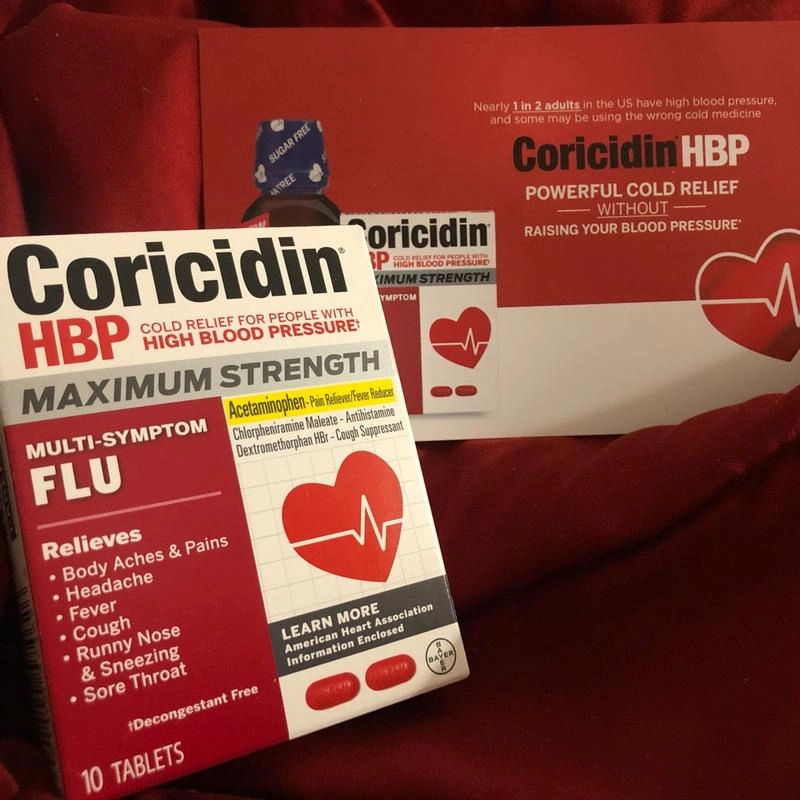Low Blood Pressure Post Surgery: The postoperative (after-surgery) period can be dangerous for patients and is associated with significant harm due to hypotension.

Furthermore, regular monitoring of blood pressure may support early intervention and lead to improved clinical outcomes, lowering the risk of postoperative organ dysfunction including the danger of acute kidney injury.
What Is Postoperative Hypotension?
When the systolic blood pressure is less than 90 mm Hg, it is referred to as hypotension. A medical disorder known as postoperative hypotension occurs when a patient has surgery and their blood pressure falls below normal.
This might happen right after surgery or in the initial hours after the operation. Generally speaking, postoperative hypotension is defined as systolic blood pressure (the top number) being less than 90 mmHg or a drop in systolic blood pressure of more than 30% from the patient’s baseline blood pressure, though the precise definition can vary.
The effects of anesthesia, fluid loss during surgery, and variations in blood volume are some of the causes of postoperative hypotension.
What Are the Causes of Postoperative Hypotension?
Still on Low Blood Pressure post-surgery, organ failure is solely caused by low blood pressure. Continuous blood pressure monitoring and post-operative critical care can help prevent organ failure. The causes of postoperative hypotension include the following:
- Anesthesia: By relaxing the blood vessel muscles and resulting in vasodilation, anesthesia can lower blood pressure.
- Surgery: A patient may have blood loss during surgery as a result of the procedure itself or as a consequence of complications. Hypotension may result from this drop in blood volume.
- Old Age: Due to poor recovery from surgery, patients who are older are more likely to experience hypotension.
- Medication: ACE-1 inhibitors and other medications may cause hypotension during surgery. Blood pressure may also be adversely affected by nin-cardiac drugs. For example, tamsulosin, which is used to treat urinary tract blockage, hurts blood pressure.
- Myocardial Ischemia: This ailment occurs when the heart’s capacity to pump blood is diminished.
- Hypovolemia: Hypovolemia is the term for low blood plasma. A patient may suffer from hypotension as a result of a drop in blood volume if they are not properly hydrated both before and during surgery. During surgery, significant bleeding may result in hypovolemia.
- Arrhythmias: Patients with have an erratic heartbeat, which is a form of cardiac condition.
- Pneumothorax: This disorder is characterized by the collapse of the lungs.
- Sepsis: A potentially fatal illness, sepsis is characterized by a systemic infection that lowers blood pressure abruptly.
- Bleeding: Postoperative hypotension may result from excessive bleeding during surgery.
What Are the Symptoms of Postoperative Hypotension?
Symptoms of postoperative hypotension are not always present in all individuals, and some may be mild or hard to identify. For this reason, it’s critical that medical professionals keep a careful eye on a patient’s blood pressure both during and after surgery and understand the risk factors for postoperative hypotension.
Patients should alert their healthcare team right away if they encounter any of these symptoms so that the proper care can be provided. Depending on how severe the problem is, postoperative hypotension symptoms might vary, however they could include:
- Dizziness.
- Fainting.
- vomiting.
- Blurred vision.
- disorientation.
- Rapid heartbeat.
- Shallow breathing.
- Clammy skin.
- Weakness.
- Thirst.
How Postoperative Hypotension Can Be Treated?

Depending on the underlying cause, there are several ways to manage postoperative hypotension, or low blood pressure following surgery. Treatment options for postoperative hypotension include the following:
- Fluid Resuscitation: Hypovolemia, or low blood volume, is one of the most frequent causes of postoperative hypotension. Fluids like saline or colloid solutions can be given to treat this by raising blood pressure and the volume of blood in circulation.
- Medication: Insufficient peripheral vascular resistance can occasionally result in hypotension. Vasopressor drugs like norepinephrine, phenylephrine, or epinephrine can be administered in certain situations to narrow blood vessels and raise blood pressure.
- Transfusion: Postoperative hypotension may also be caused by anemia or bleeding. A blood or blood product transfusion might be required to raise blood pressure if this is the case.
- Pain management: Because pain after surgery increases sympathetic activity, it helps lower blood pressure. Effective pain treatment can lessen the chance that this will occur.
- Optimizing Oxygen supply: Inadequate oxygen supply to tissues can also lead to hypotension. Blood pressure can be lowered by making sure there is adequate ventilation and oxygenation.
- Address Underlying Causes: Any underlying causes of hypotension, such as infections, arrhythmias, or heart dysfunction, should be found and treated.
Take Home
Lastly on Low Blood Pressure Post Surgery, Blood pressure has a big impact on organ functions. Hypoperfusion and organ failure are frequently linked to perioperative hypotension. By maintaining appropriate blood pressure control during the perioperative phase, postoperative hypotension can be avoided.
Currently, hypotension is managed upon the identification of low blood pressure. Early detection of hypotension or its clinical prediction during preoperative risk assessment for perioperative hypotension, intraoperative monitoring, and postoperative monitoring are some strategies to treat hypotension and reduce the frequency and length of hypotensive episodes.
Machine learning (artificial intelligence) techniques have been applied recently to predict hypotension. To confirm whether new technology can reliably predict hypotension instances, however, clinical trials are necessary.






